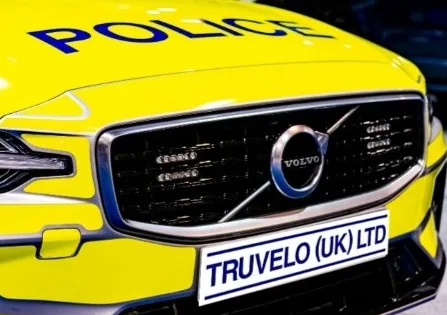Video surveillance, access control and licence plate recognition could soon be available to a broader user base. Montreal-headquartered security industry and IP solutions provider Genetec has entered into a strategic multi-year alliance with Microsoft to develop powerful Windows Azure-based hosted security solutions including video surveillance, access control and licence plate recognition (LPR) as a service. The new cloud-based security solutions will be built on Microsoft's Windows Azure cloud-computing
November 15, 2012
Read time: 2 mins
RSSVideo surveillance, access control and licence plate recognition could soon be available to a broader user base. Montreal-headquartered security industry and IP solutions provider 545 Genetec has entered into a strategic multi-year alliance with 2214 Microsoft to develop powerful Windows Azure-based hosted security solutions including video surveillance, access control and licence plate recognition (LPR) as a service.
The new cloud-based security solutions will be built on Microsoft's Windows Azure cloud-computing platform and will combine Genetec's unified security platform with the global reach, scalability, and the reliability of Windows Azure. Genetec is planning to deliver its first cloud-based service offering in the first half of 2013.
"Bringing video security, access control and LPR to the cloud requires a safe, secure and reliable computing platform. In our mind, there is no better cloud provider than Microsoft and its Windows Azure platform upon which to build our software-as-service offerings,” comments Pierre Racz, Genetec's CEO. “Windows Azure gives us the ability to provide our channels and their customers with simple, trustworthy, and turn-key cloud applications that will be a game-changer for the security industry."
”Genetec will offer cloud-based physical security solutions that will make optimal use of Windows Azure. By bringing the functionalities of its unified security platform to the cloud, organisations of all sizes will benefit from enterprise-class features and functions in a web-based offering," comments Kim Akers, general manager, developer and platform evangelism, Microsoft.
The new cloud-based security solutions will be built on Microsoft's Windows Azure cloud-computing platform and will combine Genetec's unified security platform with the global reach, scalability, and the reliability of Windows Azure. Genetec is planning to deliver its first cloud-based service offering in the first half of 2013.
"Bringing video security, access control and LPR to the cloud requires a safe, secure and reliable computing platform. In our mind, there is no better cloud provider than Microsoft and its Windows Azure platform upon which to build our software-as-service offerings,” comments Pierre Racz, Genetec's CEO. “Windows Azure gives us the ability to provide our channels and their customers with simple, trustworthy, and turn-key cloud applications that will be a game-changer for the security industry."
”Genetec will offer cloud-based physical security solutions that will make optimal use of Windows Azure. By bringing the functionalities of its unified security platform to the cloud, organisations of all sizes will benefit from enterprise-class features and functions in a web-based offering," comments Kim Akers, general manager, developer and platform evangelism, Microsoft.








